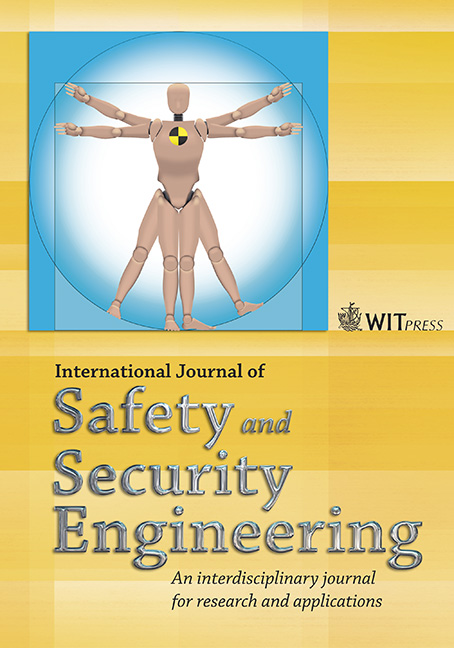Influence of hydrogeological and geotechnical parameters on the seismic behavior of potable water infrastructures
Price
Free (open access)
Volume
Volume 7 (2017), Issue 4
Pages
14
Page Range
597 - 611
Paper DOI
10.2495/SAFE-V7-N4-597-611
Copyright
WIT Press
Author(s)
RAMÓN EGEA PÉREZ, JESÚS P. CHAZARRA ZAPATA & FRANCISCO J. LÓPEZ PEÑALVER
Abstract
This study analyzes the influence of the urban hydraulic infrastructure behavior, the soil typology and the characterization of the hydrogeological zonal risks, proposing constructive dispositions and pro- cedures, which will increase the reliability of the pipes consisting of a fragile nature, guaranteeing the service continuity even during seismic events with intensity higher than VII (IMM). That would greatly reduce the degree of vulnerability of the urban hydraulic infrastructure, especially in the case of Southeast Spain, which presents a high risk of seismic intensity. Although the effects on the vulnerability of pipelines, of the displacement of the ground, such as fault movements, settlements and lateral expansions, have been widely studied and analyzed, there is no comprehensive methodology, incorpo- rating other factors related to the Management of the infrastructure, and therefore a general application method is proposed that will evaluate in addition to the effects according to the soil typology and the hydrogeological characteristics zonal (hydrological hazard, seismic hazard, and specific hydrogeo- logical factors), the typology of the infrastructure linear hydraulic, based on operational analysis, that allows to correlate the behavior of the soils and the possible affectation in the potable water pipes, thus serving as planning element and preventive tool for the mitigation of damages.
Keywords
ground motion, hazard, hydrological, liquefaction, management, risk, seismic, vulnerability




